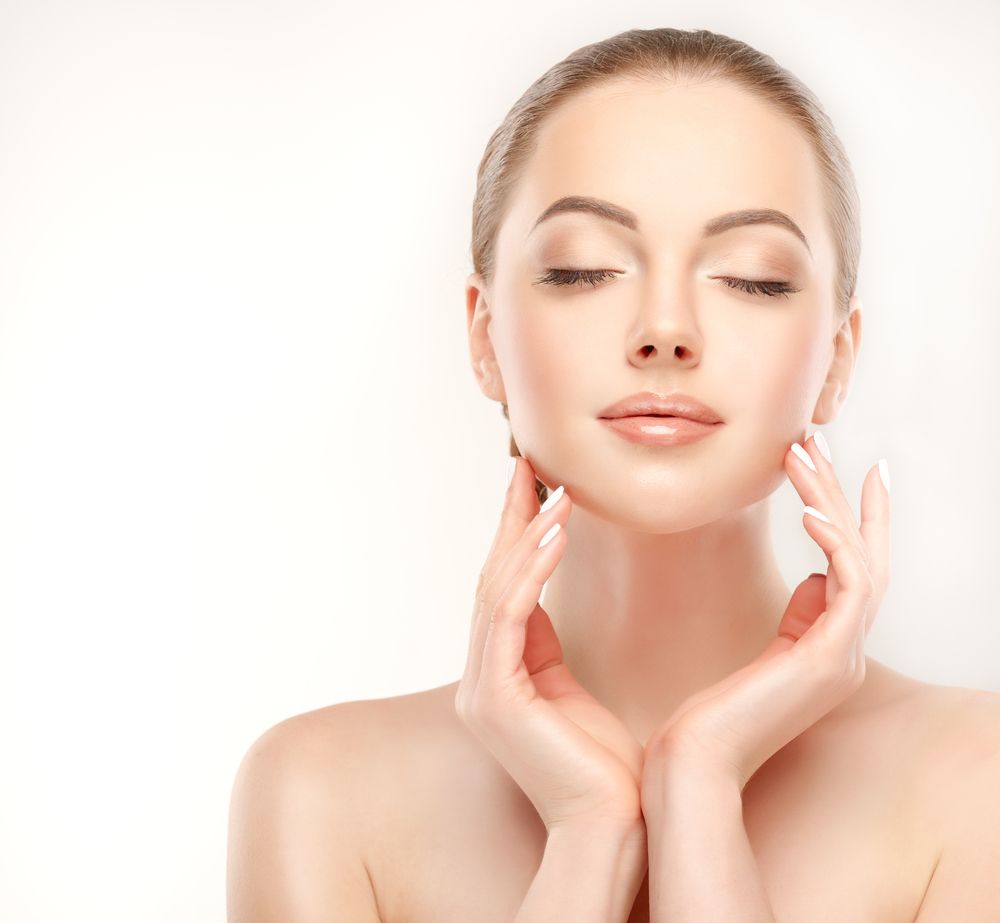
Laser Skin Treatment
Laser skin treatments, sometimes called laser resurfacing, is a procedure that helps to remove the upper layers of skin cells that are typically damaged or dry and helps to improve the appearance of skin and treat minor facial issues. There are two general types of laser skin treatments; Carbon dioxide treatments and Erbium treatments.
Laser skin treatments direct concentrated beams of light at irregular skin cells to remove cells layer by layer until healthy skin is exposed.

Who Should Consider Laser Skin Treatment?
Patients who have fine lines on their face, particularly around the eyes, mouth, forehead, or shallow acne scars are typically ideal candidates for laser treatment. However, people who have acne that is active, have very dark skin or trying to remove stretch marks are typically not great candidates for laser treatment. However, if you are unsure if this procedure would benefit you, call our offices and schedule a consultation. Even if laser skin treatment is not an option, we may have other services that can help you.
Carbon Dioxide Treatment
Carbon dioxide or CO2 resurfacing is used specifically to treat wrinkles, warts, scars, enlarged oil glands, and some other conditions. This approach utilizes short beams or continuous beams that remove the upper layers of skin cells in a targeted area. The CO2 method causes minor heat damage, and patient recovery typically takes about two weeks.
Erbium Treatment
Erbium treatments are designed to remove superficial wrinkles and moderately deep lines around the face, hands, neck, or chest. The erbium approach causes minimal burning damage to the surrounding tissues. The side effects associated with erbium treatments are also more minor than the CO2 approach. Healing times can sometimes be as fast as one week. Patients who have darker skin tones may benefit more from erbium resurfacing.
Preparing for Treatment
When you come into the office for your initial consultation, you will fill out a patient history. Be sure to include pertinent past medical history. This includes getting cold sores or fever blisters around the mouth. Laser treatment can trigger additional outbreaks.
Your doctor will also ask you to stop taking medications that may affect the natural clotting process about ten days before your treatment is scheduled. These medications generally include aspirin, ibuprofen, or vitamin E. Additionally; smoking can hinder the healing process. If you can’t permanently stop smoking, then stopping two weeks before and abstaining two weeks after treatment can significantly aid the healing process.
If your doctor is concerned about issues with healing, you may be prescribed an antibiotic to ensure that you are in good health before and after a laser treatment.
The Treatment
If your treatment area is relatively small, you’ll receive a local anesthetic in the targeted areas. Sometimes, when treating the whole face, a general anesthetic may also be used. Be sure to talk to your doctor in advance, so you know what to expect.
When treating small, targeted areas, the treatment takes around 30-45 minutes. The treatment of the whole face can take two hours. Once the treatment is complete, the doctor will bandage the treated areas and release you to go home. Depending on your aesthetic, you may need to have somebody drive you home.
In the following days, it is important to follow the care routine prescribed by your doctor. This includes cleaning the treated area 4-5 times daily and applying an ointment to keep the area free from blisters. Proper treatment helps to speed the healing process and improves your overall results.
Overview
If you are considering laser skin treatment to reduce the appearance of wrinkles or blemishes, contact our office today. Our talented staff at Aesthetic Surgical Associates in Metairie, LA will make sure to address your concerns and find the right solution for you (504) 226-8200.


